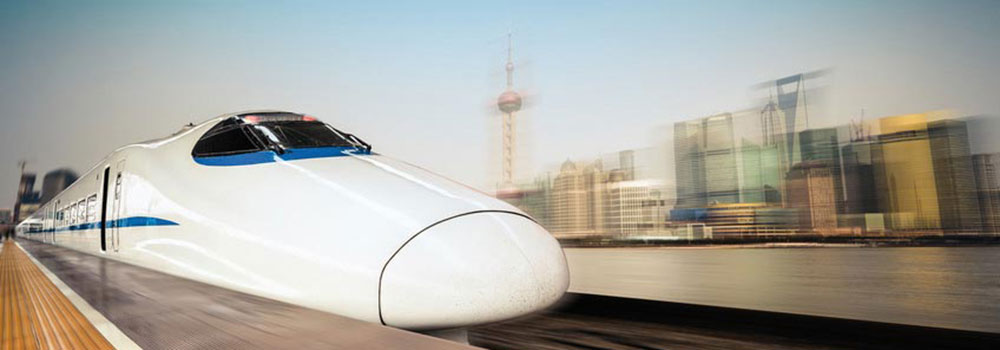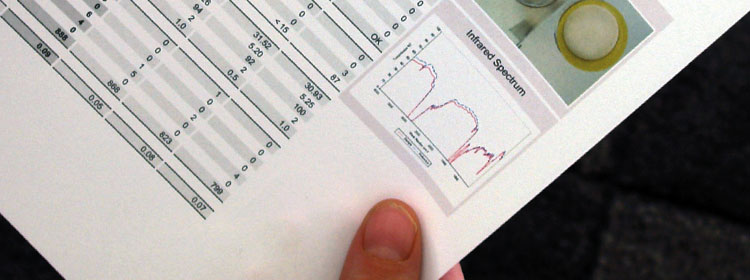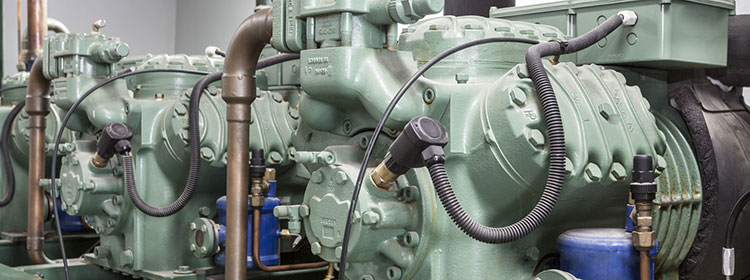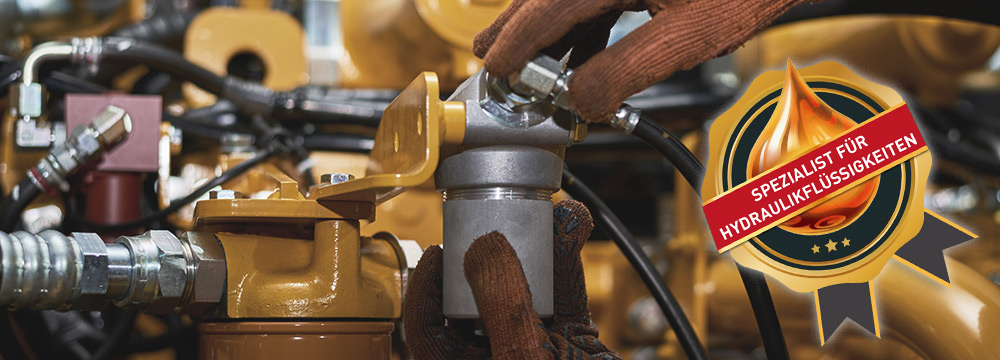Efficient lubrication and oil monitoring for maximum reliability of rail vehicles
Lubrication and oil monitoring are crucial factors for the longevity and operational safety of rail vehicles such as trains, trams and underground trains. In this seminar, you will learn how to use lubricants in a targeted manner and how to detect wear and contamination at an early stage through professional oil monitoring. This allows you to optimise maintenance intervals, reduce downtime and increase the availability of your railway applications. Particular attention is paid to the use of organic and synthetic oils and to the quality assurance of lubricants – important issues for sustainable and economical rail transport.

- Understanding how lubricants work in rail vehicles
- Selecting the right lubricants for different vehicle components
- Knowledge of organic and synthetic oils and their advantages
- Ensuring lubricant quality and its documentation
- Implementation of effective oil monitoring for early detection of wear
- Avoiding typical practical problems when handling lubricants
- Increasing the reliability and availability of rail vehicles

- Specialists and managers from the field of rail vehicle maintenance and repair
- Technical advisors and sales representatives from lubricant and component manufacturers
- Service and maintenance specialists in the railway sector







